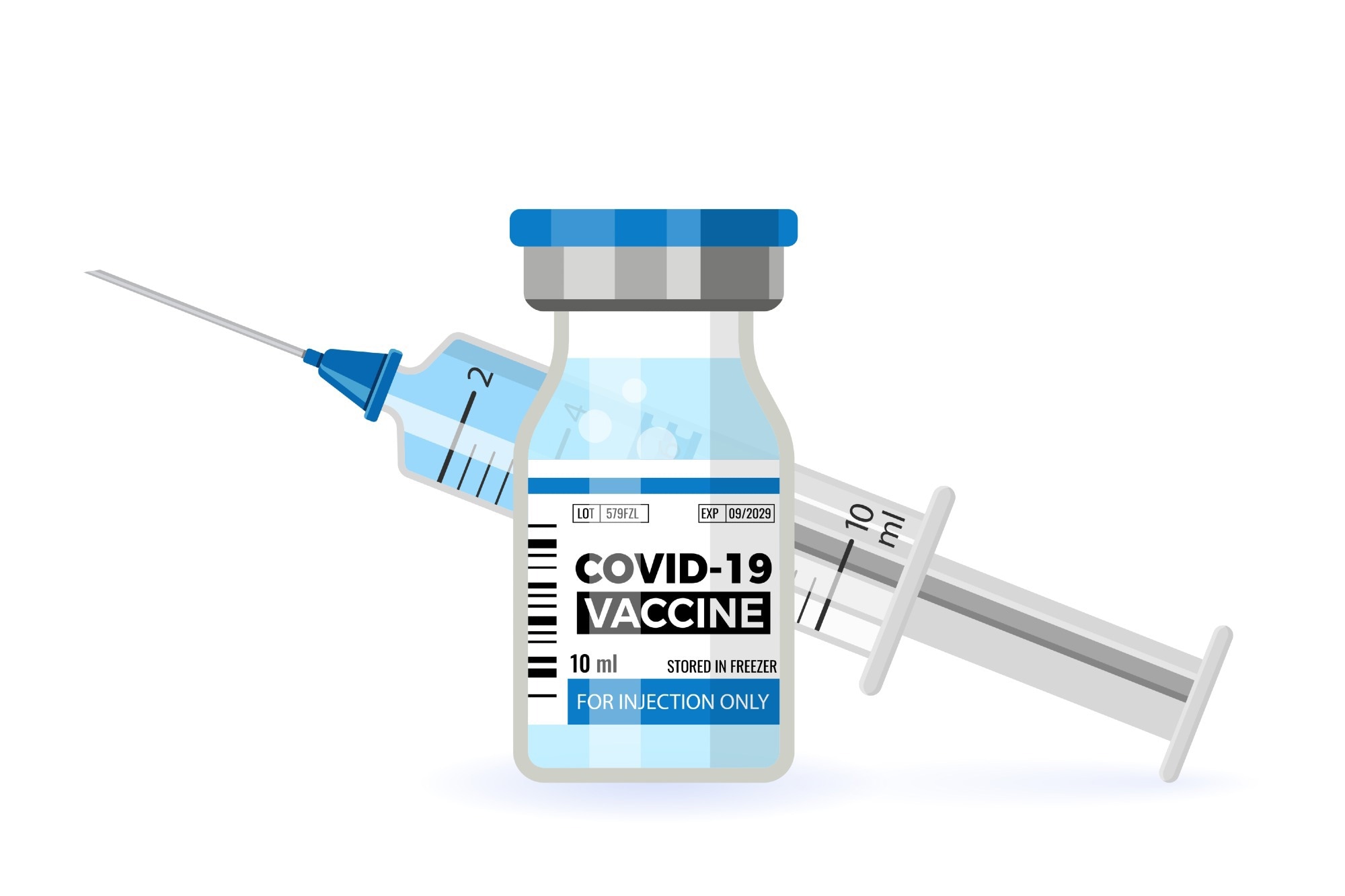In a recent study published in the Proceedings of the National Academy of Sciences, researchers examined the impact and success of social media advertisements worth $40 million in influencing the opinions about coronavirus disease 2019 (COVID-19) vaccines and increasing the vaccination rates during the first year of vaccine roll-out.
 Study: Digital public health interventions at scale: The impact of social media advertising on beliefs and outcomes related to COVID vaccines. Image Credit: Telnov Oleksii/Shutterstock
Study: Digital public health interventions at scale: The impact of social media advertising on beliefs and outcomes related to COVID vaccines. Image Credit: Telnov Oleksii/Shutterstock
Background
In the early stages of the COVID-19 pandemic, social media advertisements were widely used to communicate with large portions of the population about the importance of disease mitigation measures such as social distancing and mask-wearing, as well as about COVID-19 vaccines. Public health organizations and policymakers in almost every country extensively used social media platforms to provide information and influence public behavior during the pandemic.
Understanding the success of these social media advertisement campaigns and their effectiveness in influencing public perception and increasing vaccine uptake is important since public health agencies continue to formulate strategies to tackle the pandemic. Furthermore, the success of online campaigns could be utilized for other digital health-related interventions.
About the study
In the present study, the researchers analyzed advertisement campaigns run by 174 public health organizations through Facebook and Instagram and evaluated three major questions — 1) what was the impact of the social media advertisement campaigns, 2) were they cost-effective, and 3) what outcomes did the social media advertisements impact the most?
The advertisement campaigns analyzed in this study were conducted from December 2020 to November 2021 and cumulatively accounted for 39.4 million dollars in advertising. The campaigns were conducted by various public health organizations, including public health ministries, multinational non-profit organizations, and local non-governmental organizations. A total of 819 experiments from 174 organizations and 376 advertisement campaigns were meta-analyzed. These campaigns were translated into 15 languages and reached close to 2.1 billion individuals.
The analyzed data consisted of campaigns where the causal effect of the campaigns could be assessed since the user exposure to the advertisements was randomized. Furthermore, for a subset of the users, the experiments could be combined with information from a user-level survey which examined aspects such as the individual’s receptiveness to getting a COVID-19 vaccine, understanding of the importance of vaccines, beliefs in vaccine safety and effectiveness, perception about the trustworthiness of the advertisement source, knowledge about getting the COVID-19 vaccine, and views on the social acceptability of vaccines. The responses were classified as binary outcomes.
Results
The results indicated that the social media advertisement campaigns were successful in influencing the public perception of COVID-19 vaccines. The study reported a baseline positive rate of 55.7% and a 0.55% points increase in the positive responses in all experiments. This translates to 11.6 million individuals whose attitudes and beliefs about COVID-19 vaccinations were influenced by the social media advertisement campaigns, at the cost of approximately 3.41 dollars per person. Combined with information from nonexperimental studies on vaccination rates, the results indicate that social media advertisement campaigns were a cost-effective method to influence public perception about COVID-19 vaccines and increase vaccine uptake rates.
Furthermore, the advertisement campaigns were also seen to be effective in improving the knowledge about how to obtain COVID-19 vaccines. The outcomes that were significantly affected by the advertisement campaigns were the knowledge of how to get vaccines, the beliefs about the safety and importance of COVID-19 vaccines, and the views on the social acceptability of vaccines. While a few individual campaigns were able to increase the receptiveness to vaccines and perceptions about the effectiveness of vaccines, on average, the campaigns did not seem to influence the willingness to receive COVID-19 vaccines, the beliefs about the effectiveness of the vaccines, or the trustworthiness of the advertisement source.
Conclusions
To summarize, the study analyzed the success and cost-effectiveness of social media advertising campaigns accounting for close to $40 million in improving the public perception of COVID-19 vaccines and increasing vaccine uptake rates.
Overall, the results indicated that the social media advertisements by public health organizations were cost-effective and successful in influencing self-reported beliefs about COVID-19. The success of these campaigns suggests that such social media campaigns can potentially be used for a wide range of public health initiatives, such as childhood vaccinations.